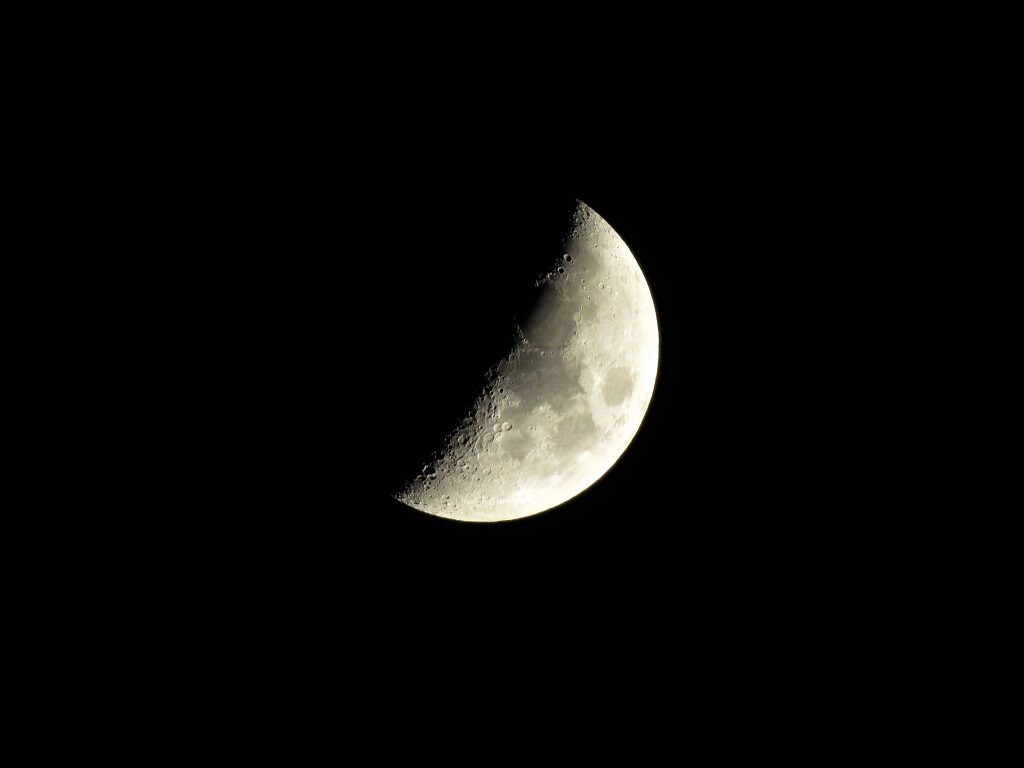Two Myths of Enlightenment
The Enlightenment has thrived in today’s popular imagination and in the social sciences that are its children (products of the Enlightenment’s attempt to reduce human nature to just another subject of empirical investigation) on the basis of certain myths. As these myths are used to justify so many absurdities today, from our theories of public education to the sheepish surrender of our common sense to every self-proclaimed “expert,” and from the extremes of totalitarian repression to the commercial excesses of our self-help guru-worship, it would be fair to say that few intellectual waves have done more to dim the light of human reason in our late-modern morass than our implicit deference to a popularized reinterpretation of the Enlightenment itself. Let us merely note two of the most pervasive of these myths.
The first is that the Enlightenment represented a refinement or perfection of the Renaissance. The Renaissance — the rebirth of the ancient modes of thought and art — was by definition a civilizational reawakening to the consideration and celebration of the whole man, earthly life as well as divine salvation, and as such was deeply invested in classical notions of the true, the good, and the beautiful. The Enlightenment, by contrast, was a simplification of man, a reduction of the human essence, and therefore of the proper aims of society, to the imperatives of practical reason and pain-avoidance — and hence, implicitly, a reduction of practical reason itself to little more than a mechanism of material efficacy.
In short, the Enlightenment, contrary to this first myth about it, was not a development or enhancement of Renaissance principles, but rather a degradation of these — a deliberate one, in fact, promoted by serious thinkers who believed the trade-off would be justified by a new age of relatively peaceful coexistence and material comfort.
The second myth of Enlightenment, the one its apologists tend to defer to most commonly today, is that the Enlightenment represents the alternative and antidote to Romanticism. In truth, however, Romanticism was itself a product of the Enlightenment’s obsession with progress and with the perfecting of the human world, specifically as set against the (supposedly) irrational constraints of social and religious norms. Enlightenment was undertaken as the demystification of man, in the sense of debunking the mysteries of soul and being, the contemplation of which had previously been understood as representing the peak of human experience, and the comprehensive, unified knowledge of which had been upheld as the natural aim of both philosophy and art. The Enlightenment’s reduction of wisdom to empirical science and of metaphysics to practical reason, with its resulting pseudoscientific simplification of the feelings and their significance, left the realm of the deepest passions — intractable and obscure in spite of the Enlightenment’s best efforts to concretize and expose — with no avenue for release but either irrational rebellion in the name of a primitivist’s notion of freedom, or the anti-philosophical impulse toward the “What-about-me?” subjectivism of self-involved sentimentality. These two avenues have led to a pair of political catastrophes in our time: the universalization of self-righteous and unreflective activism as a substitute for learning and critical distance, and the incapacity for intimate attachment and sincere devotion that has spelled the demise of true family, friendship, and community.
By rejecting the theoretical in favor of the practical, wisdom in favor of “change,” the longing for eternity in favor of the desire for comfort, and the hierarchy of human aspirations in favor of the egalitarianism of self-preservation, the Enlightenment, which was supposed to make men and societies more rational (at least in its deliberately reduced practical sense of rationality), in ultimate effect engendered our age of narrowminded literalism, tribal demagoguery, milquetoast hedonism, and perpetual indignation.



